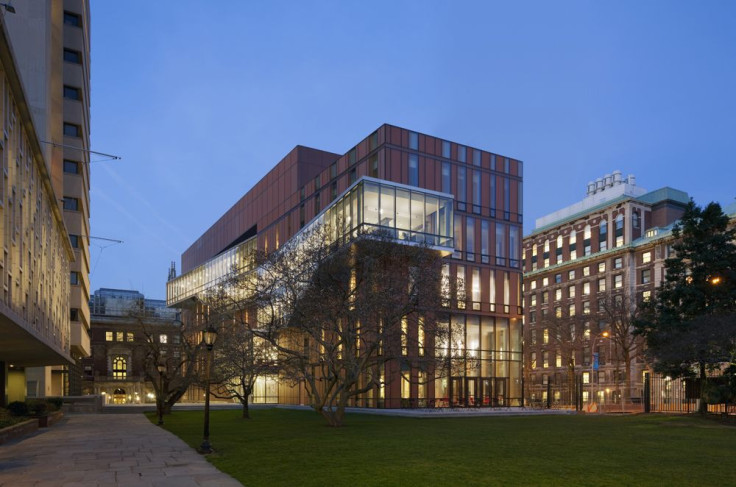Barnard College Now Accepts Transgender Applicants And Students

Barnard College announced its new student policy will include transgender women.
“In furtherance of our mission, tradition, and values as a women’s college, and in recognition of our changing world and evolving understanding of gender identity, Barnard will consider for admission those applicants who consistently live and identify as women, regardless of the gender assigned to them at birth,” read the college’s official statement. “We will also continue to use gendered language that reflects our identity as a women’s college.” Barnard added this policy doesn’t affect students transitioning during their time at Barnard.
Debora L. Spar, Barnard’s president, told The New York Times the college’s policy changes have been more than a year in the making; everyone from involved faculty members, to alumnae and parents have been involved. Spar said she couldn’t help but be sympathetic to trans students who approached her. And once those involved “understood the human dimension of this,” they were able to do “the right thing.”
The Times added the new policy requires applicants identify as female on their common application in order to be eligible for admission. And policy specifics, such as housing and athletics, will be determined and go into effect fall 2016.
Barnard isn’t the only women’s college to recently adjust its policy: Wellesley, Smith, and Mount Holyoke all accept transgender women. In fact, The Times found Mount Holyoke to be the most inclusive. The institution accepts transgender men and women, as well as “those born biologically female but who do not identify as either gender.”
Acceptance of transgender men and women equals protection, Jean Malpas, the director of the gender and family project at the Ackerman Institute for the Family, concluded in a study published in the journal Family Process.
"It is important that schools are aware and sensitive to the non-binary and non-biological aspects of gender, as it means gendered activities and segregation of students based on gender lines may no longer be appropriate if our children's understanding of gender is expressed in more complex ways," Malpas said.
Malpas added her clinical research found “gender nonconformity in children is not a psychopathology but a normal display of diversity in gender expressions and identities.”



























